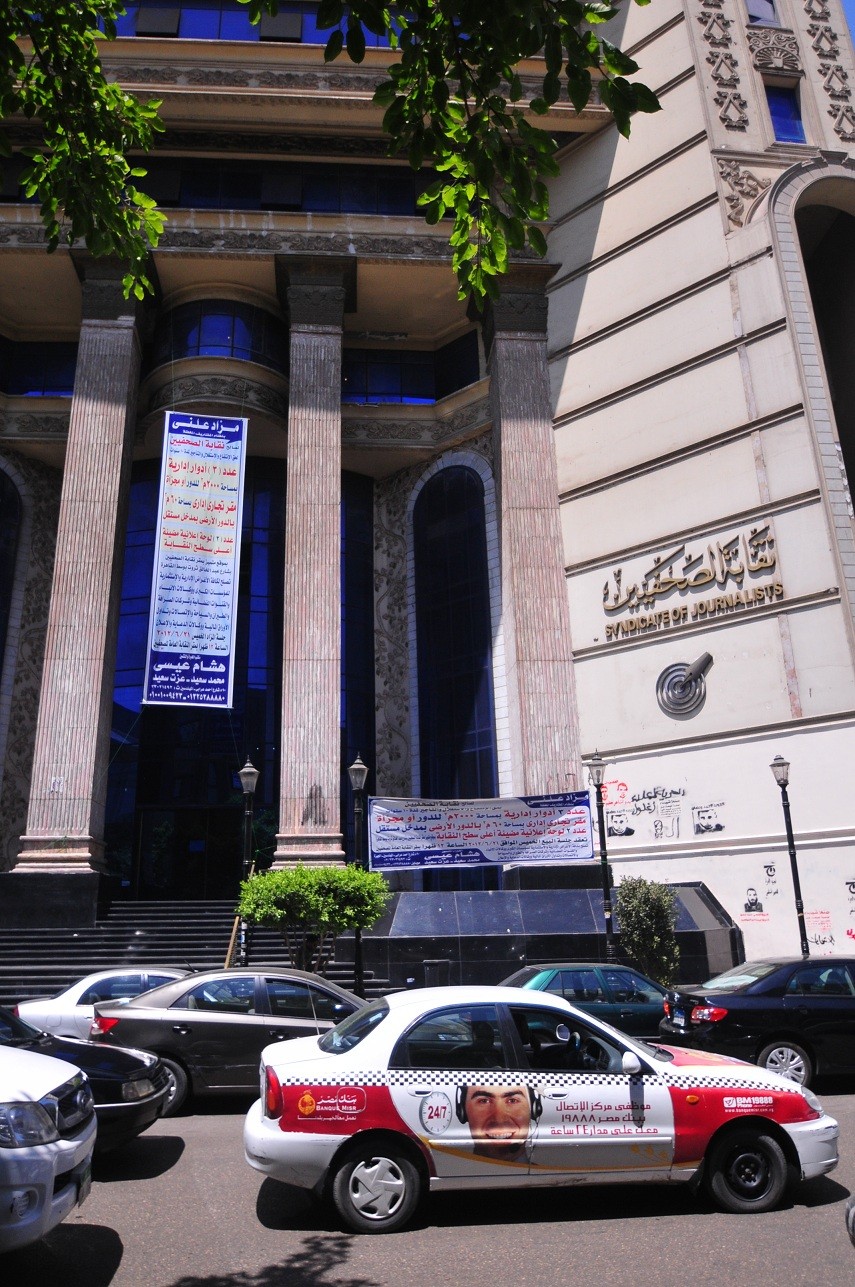The Israeli military continues its escalating assault on the Gaza Strip with no sign of a ceasefire, committing a new massacre in the Shuja’iyya neighborhood, east of Gaza City. The airstrike left 29 people dead and over 50 injured — a grim scene that has become a near-daily reality.
According to Arab and international media, Israeli warplanes bombed a densely populated residential area near Al-Hawashi Mosque in Shuja’iyya. The strike caused extensive destruction and heavy civilian casualties, most of them women and children. Civil defense teams are still searching for survivors and victims beneath the rubble.
The Gaza Ministry of Health reported that in the past 24 hours alone, 36 people were killed and 41 others injured. Since March 8, the toll has risen to 1,482 dead and 3,688 wounded. Since the start of the Israeli offensive on 7 October 2023, total casualties have reached 50,846 killed and 115,729 injured, according to ministry figures.
In a sign of expanding operations, Israeli newspaper Haaretz reported Wednesday that the Israeli army is preparing to turn the city of Rafah in southern Gaza into part of a military buffer zone. The proposed area — spanning 75 square kilometers between the Philadelphi and Morag routes — would effectively annex one-fifth of Gaza’s total land, barring Palestinians from entering and further isolating the Strip.
A senior Israeli army officer quoted by Haaretz said: “Soldiers are killing anyone in their path, even if they are innocent, in response to public pressure from Israeli society, which does not see civilians in Gaza.” He added that there is “competition among military units to cause the greatest possible destruction in the areas they operate.”
In a strongly worded statement, Hamas condemned the Shuja’iyya attack as a “brutal act of revenge against civilians,” asserting that it was not a military operation but a deliberate massacre. The group held both Israel and the US administration responsible for the continued bloodshed and called on Arab and Islamic nations to intervene, sever diplomatic ties with Israel, and shut down Israeli embassies.
Hamas reiterated that the release of Israeli detainees would only occur through negotiations, warning that continued military escalation endangers their lives and yields no strategic gains.
The Islamic Jihad Movement also denounced the Shuja’iyya strike, describing it as “a new war crime added to the bloody record of the Nazi-Zionist entity.” The group dismissed Israeli claims of targeting a Hamas leadership cell as “a fabricated justification for a premeditated massacre.”
In its statement, Islamic Jihad said the deliberate targeting of a residential neighborhood filled with displaced civilians confirms Israel’s pursuit of an unrestrained campaign of genocide. It added: “The continuation of these massacres is an official obituary for the human conscience,” placing full blame on Israel and its international allies, particularly the United States.
On the diplomatic front, Egypt’s Ministry of Foreign Affairs announced that Foreign Minister Badr Abdelatty spoke by phone with US Special Envoy for the Middle East, Steve Wietkov, as part of ongoing Cairo-Washington consultations.
The talks focused on efforts to establish a ceasefire in Gaza and move forward with the second phase of the agreement brokered in coordination with Qatar. Abdelaty stressed the urgency of delivering humanitarian and medical aid to Gaza and alleviating the suffering of civilians.
He also expressed support for Gaza’s post-war reconstruction, revealing plans for Egypt to host a major international conference in partnership with the United Nations and the Palestinian government.
The minister emphasized the need to create a credible political horizon for resolving the conflict through the establishment of an independent Palestinian state along the 4 June 1967 borders, with East Jerusalem as its capital. He also warned of the potentially “catastrophic consequences” for the wider Middle East if the conflict continues to escalate, calling for unified international efforts to prevent further regional destabilization.


